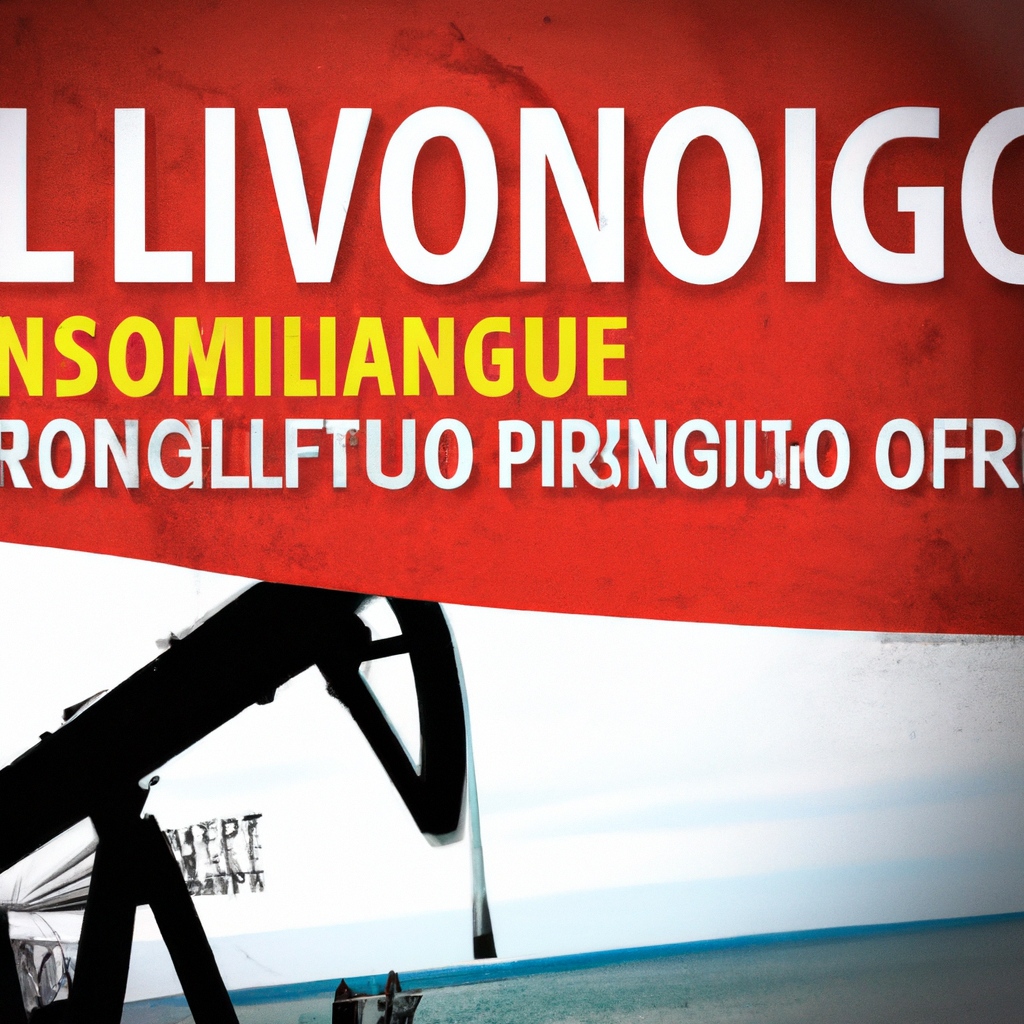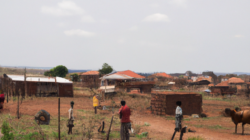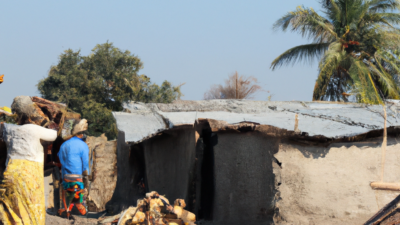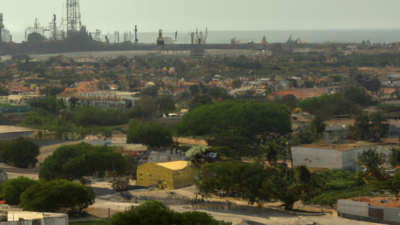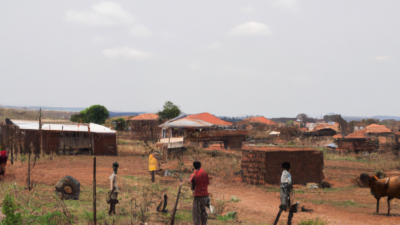The Evolution of Angola’s Economy Post-Independence
After gaining independence from Portugal in 1975, Angola embarked on a complex journey of economic development fraught with challenges and opportunities. The country’s post-independence economy has been shaped by a variety of factors, including prolonged civil conflict, a rich endowment of natural resources, and efforts to diversify its economic base. This article delves into the evolution of Angola’s economy after independence, exploring the key phases, milestones, and challenges that have defined its economic landscape.
The Immediate Aftermath of Independence
Angola’s independence was immediately followed by a protracted civil war that lasted until 2002. The conflict had devastating effects on the country’s economy. Infrastructure was destroyed, agricultural production plummeted, and millions of people were displaced. During this period, the economy was largely sustained by the oil sector, which provided a vital source of revenue even amidst the chaos. However, the benefits of oil wealth were unevenly distributed, and much of the population continued to live in poverty.
The Role of Oil in Economic Reconstruction
Following the end of the civil war in 2002, Angola entered a period of reconstruction and economic recovery. The country’s substantial oil reserves played a crucial role in this phase. Angola is one of Africa’s largest oil producers, and the revenue generated from oil exports became the cornerstone of its economic growth. The government invested heavily in rebuilding infrastructure, improving healthcare, and expanding educational facilities. However, this reliance on oil also made the economy highly vulnerable to fluctuations in global oil prices.
Diversification Efforts and Economic Reforms
Recognizing the risks associated with over-reliance on oil, the Angolan government has made efforts to diversify its economy. Initiatives were launched to develop other sectors such as agriculture, mining, and manufacturing. For instance, Angola has significant deposits of diamonds, iron ore, and other minerals that have the potential to contribute to economic growth. Moreover, the agricultural sector, which was once the backbone of the economy, has been targeted for revitalization to ensure food security and reduce import dependence.
Economic reforms have also been implemented to create a more conducive environment for business and investment. These reforms include measures to improve governance, enhance transparency, and combat corruption. The establishment of special economic zones and incentives for foreign investment are part of the broader strategy to attract diversified investments into the country.
The Social and Economic Challenges
Despite these efforts, Angola continues to face significant social and economic challenges. High levels of poverty and unemployment remain pressing issues. The benefits of economic growth have not been evenly distributed, and inequality persists. Inflation and public debt are additional concerns that have implications for economic stability and growth. Furthermore, the healthcare and education systems require substantial improvements to meet the needs of the population.
The Future Outlook
Looking ahead, Angola’s economic prospects will depend on its ability to successfully implement diversification strategies and manage its natural resources sustainably. The development of human capital through education and training will be critical for fostering innovation and productivity. Additionally, maintaining political stability and continuing economic reforms will be essential to attract and retain investment.
In conclusion, the journey of Angola’s economy since independence has been one of resilience and transformation. While significant progress has been made, considerable challenges remain. The path forward will require a balanced approach that leverages natural resources while fostering diversification and inclusive growth. With the right policies and sustained efforts, Angola has the potential to achieve a more stable and prosperous economic future.

